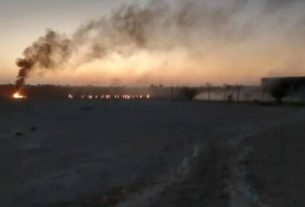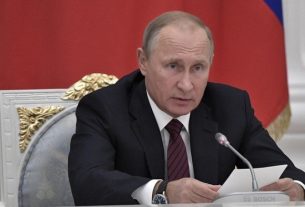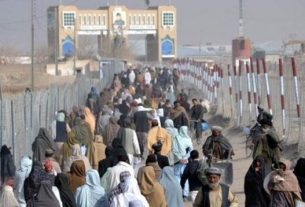Canadian lawmakers are preparing to vote on a pivotal no-confidence motion that could topple Prime Minister Justin Trudeau’s Liberal government and force an early election. The vote, scheduled for Wednesday afternoon, is the first in a series expected to be tabled by the opposition Conservative Party as they capitalise on Trudeau’s declining popularity. However, the motion is widely anticipated to be defeated, with key opposition leaders signalling they will not back it.
This crucial vote comes on the same day Trudeau is set to host French President Emmanuel Macron, underscoring the political high stakes for the Prime Minister, who has led Canada for nearly a decade.
Trudeau’s Declining Popularity and Minority Government
Trudeau has faced growing calls to resign over recent months as Canadians grapple with soaring living costs, particularly housing affordability and inflation. His approval rating has plummeted dramatically, from a robust 63% when first elected in 2015 to a dismal 28% by June this year, according to a leading poll tracker. The summer saw further blows to his leadership when the Liberal Party lost two key by-elections in Toronto and Montreal, traditionally strongholds for the party.
Since the last federal election in 2021, Trudeau’s Liberals have governed with a minority in the House of Commons, holding 153 out of 338 seats. His government has survived largely due to a cooperation agreement with the New Democratic Party (NDP), which allowed him to avoid an election. However, that deal unravelled earlier this month when NDP leader Jagmeet Singh withdrew his support, citing frustrations over the Liberal government’s perceived inaction on key issues. Singh accused Trudeau’s administration of being “too weak” and “too self-centred” to continue governing effectively.
The No-Confidence Vote
The no-confidence motion, spearheaded by Conservative Party leader Pierre Poilievre, would require a majority of MPs to pass. However, with the Conservatives holding 119 seats, they will need significant backing from other opposition parties. Both the NDP, which holds 25 seats, and the Bloc Québécois, with 32 seats, have indicated they will vote against the motion, making its success highly unlikely.
Poilievre, who has been gaining traction in national polls and emerging as a formidable challenger, made an impassioned plea to MPs in Parliament on Tuesday, urging them to support his vision for a Conservative-led Canada. He promised to deliver “a Canada where every paycheque stretches further, where families can afford food, fuel, homes, and live in safe communities”. Despite his rhetoric, Poilievre has been met with resistance from Singh, who argues that a Conservative government would dismantle key social programmes, including dental care and pharmacare, if it comes to power.
The Bloc Québécois, which champions the interests of Quebec, has similarly opted to vote against the motion. Bloc leader Yves-François Blanchet has indicated that he believes his party can work with the Liberals to secure greater benefits for Quebec, including enhancing social programmes specific to the province.
Trudeau’s Response Amid Growing Discontent
As pressure mounts on Trudeau to step aside, the Prime Minister has remained defiant. Appearing earlier this week at the United Nations General Assembly in New York, he used his platform to address Canadians’ concerns. In an interview on The Late Show with Stephen Colbert on Monday, Trudeau acknowledged the economic struggles facing Canadians, admitting that many are enduring “a really tough time” and struggling to afford essentials like groceries, fuel, and housing.
Nevertheless, Trudeau defended his leadership, emphasising his government’s continued investment in Canadian families. “We’ve supported Canadians through crises before, and I’m going to keep fighting for them,” he stated, vowing to stay the course despite calls for his resignation.
While the vote may not spell the immediate end of Trudeau’s premiership, it marks the beginning of what is likely to be a sustained effort by the opposition to capitalise on the Prime Minister’s vulnerabilities. For now, though, it seems Trudeau’s government will live to fight another day.





